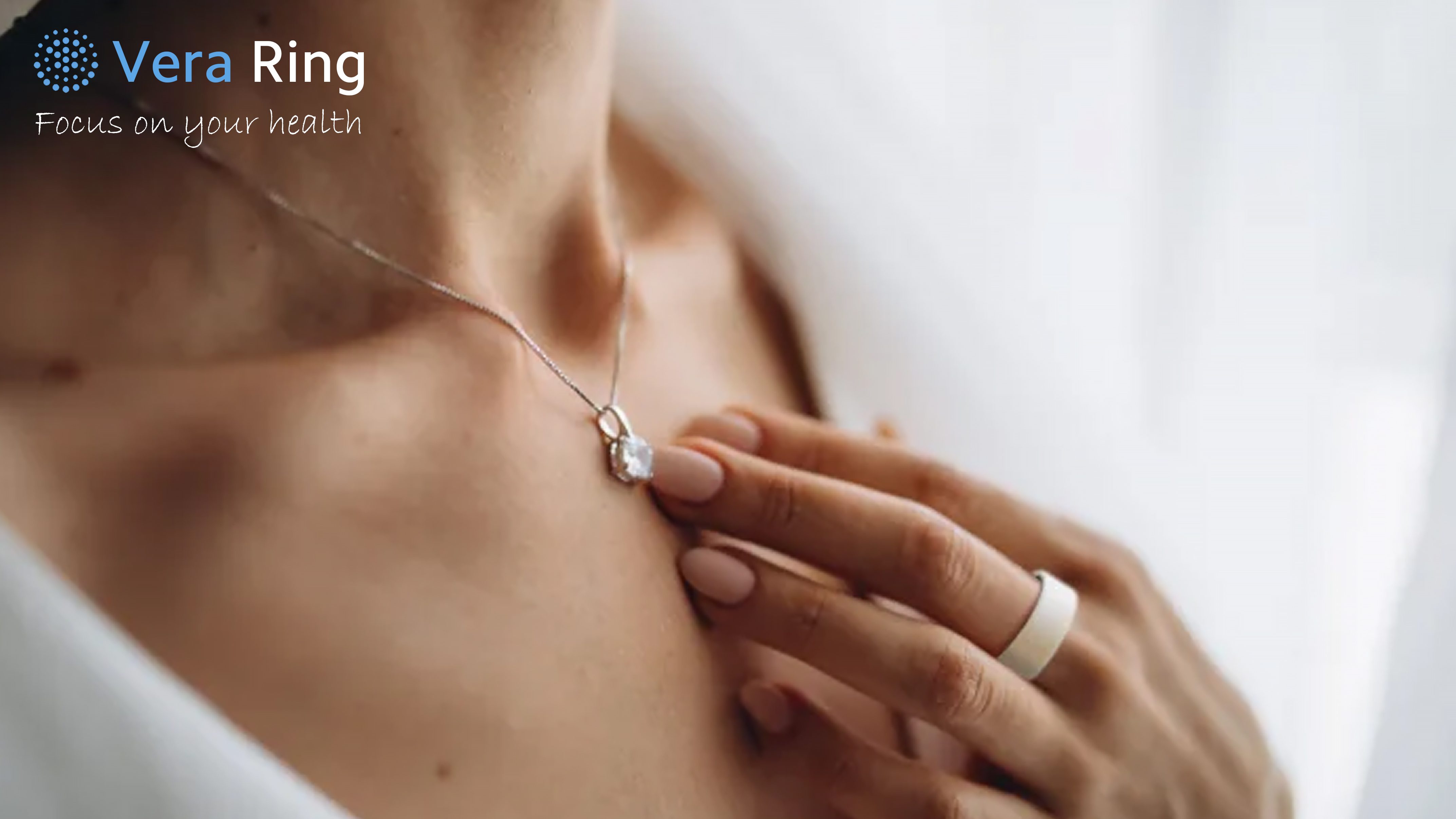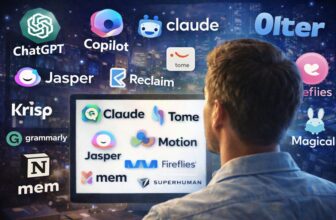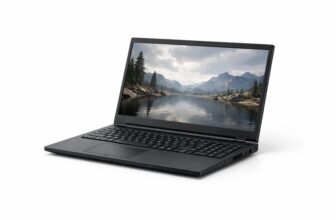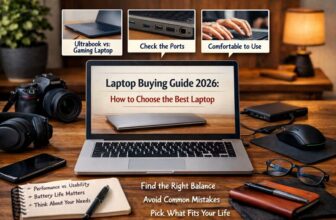
VPNs are designed to keep your identity, location and data secure when you’re using the web, but are they something you should be using on your iPhone or iPad? We take a look at what VPNs offer and whether they are safe to use on your iPhone or iPad.
Why use a VPN on an iPhone
VPN stands for Virtual Private Network, which is a pretty decent description of what these products aim to do. Basically, the software creates a secure connection across the internet through which all of your data travels to the server at the other end. This is achieved by encryption, which prevents hackers and malicious software from being able to read your data or work out your location.
Normally, when you’re online, the information you send from your computer to a website is unencrypted. This shouldn’t be a problem on a secure home or office network, but if you join public Wi-Fi, in a cafe or hotel for example, snoopers could intercept and view data about you. A VPN will protect you by encrypting your data as you move around the web, which is especially important if you are dealing with sensitive information such as medical records, credit card details or online banking.
VPNs also disguise your location, preventing sites from being able to accurately track you, which can be useful if you want to access region-locked content on streaming services. This is possible because the service can be fooled into thinking you’re in a different country to the one you’re actually in. For example, if you’re a U.K. resident and want to catch up on the latest Dr Who episode while on holiday in the U.S., but find you’re not allowed to access BBC iPlayer because you’re out of the country, you can firing up a VPN and use it to pretend you’re back in old blighty get around the geographical restriction.
For a more detailed look at what these software services can do for you, read our do I need a VPN on my Mac or iPhone guide. We also write about whether a VPN is safe for Mac separately.
Does Apple have its own VPN?
While Apple doesn’t have a straight-out VPN, it does offer something similar in the form of its iCloud+ Private Relay. Introduced with iOS 15/iPadOS 15, this service does offer some of the basics of a regular VPN, but doesn’t offer as many benefits.
The most obvious drawback is that it only works with Safari. If that’s the only browser you use, then it’s fine, but if you prefer to use Chrome, Edge or any of the many other browsers available then iCloud+ Private Relay won’t protect you.
Another problem is that third-party sites can recognize iCloud+ Private Relay as a ‘proxy server’, which is something VPNs are better at hiding. Why does this matter? Because sites might block your access if they detect that you’re not on a standard connection.
Finally, and for some people the most important, Apple’s offering can’t show your location as in a different country to the one you’re currently in. So there’s no getting around region-locks for streaming content or other such activities.
You can read more about what Apple’s service has to offer in our guide to iCloud+ Private Relay.
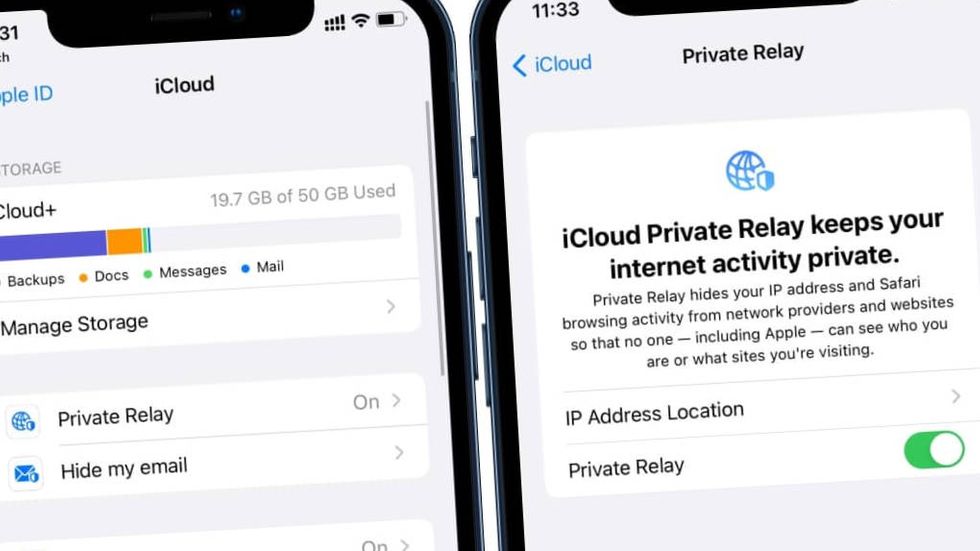
Foundry
Is it legal to use a VPN on an iPhone or iPad?
There’s nothing illegal about using a VPN to keep your data private online. Where you could fall foul of laws is if you are location masking in order to access region-locked content. For example, watching BBC iPlayer from outside the U.K. is against the terms and agreements of the site, plus you require a TV license to watch the content, which you can’t get if you live outside the U.K.
Netflix doesn’t seem that active in hunting down those who use a VPN to watch content from the service in other regions, but that doesn’t mean you’re allowed to do it. Should the company decide to enforce its own rules, then you could have your account shut down.
In some politically volatile countries, you could also find yourself in trouble if you hide your data from the authorities. Although to be honest, you probably wouldn’t be able to read this site if that was your situation.
VPNs are totally fine and legal, what you do with them might not be.
Are VPNs safe to use on an iPhone or iPad?
VPNs can be useful tools for protecting yourself online. We recommend a VPN if you’re frequently using your device on public Wi-Fi, as that connection could be easily hacked to allow bad people to steal your data.
Note that a paid solution is probably safer than choosing one of the free VPNs. While many of the free services may be reputable, we have seen reports in the past of these VPNs taking the users’ data and packaging it up for sale to advertisers. This is precisely the kind of thing a VPN is meant to prevent, so that’s not good.
If you want security, then it makes sense that you’ll need to pay for it. Thankfully, many of the top providers like Surfshark and NordVPN have regular promotions that offer discounts on their services. You can also check out our roundups of the best VPNs for iPhone/iPad and best VPN deals to see what’s on offer.
For a step-by-step guide on securing your iPhone, read our how to use a VPN on an iPhone or iPad guide.
Does a VPN slow down your Wi-Fi speeds?
There’s a good chance that you will notice a dip in speed when using a VPN online. Obviously, as there are more processes involved than on a standard connection, specifically the extra work of encrypting and decrypting the data adds time to each exchange. As is often the case, security does have an impact on convenience. With this in mind, it’s probably a good idea to only turn the VPN on when you want to use things like internet banking or anything else that might use sensitive data. If you’re just on Facebook or looking for books on Amazon, you don’t really need the added layers of security.
Does a VPN affect battery life?
Again, with the VPN making your iPhone work slightly harder, you might see the battery draining quicker than normal. This shouldn’t be excessive though, and if you follow the principle above of only using it when you are interacting with data you really want to keep private, then the effects will most likely be nominal. Safety does come with some costs, but in many cases they are ones you’d be glad to pay if they stop the worst from happening.


